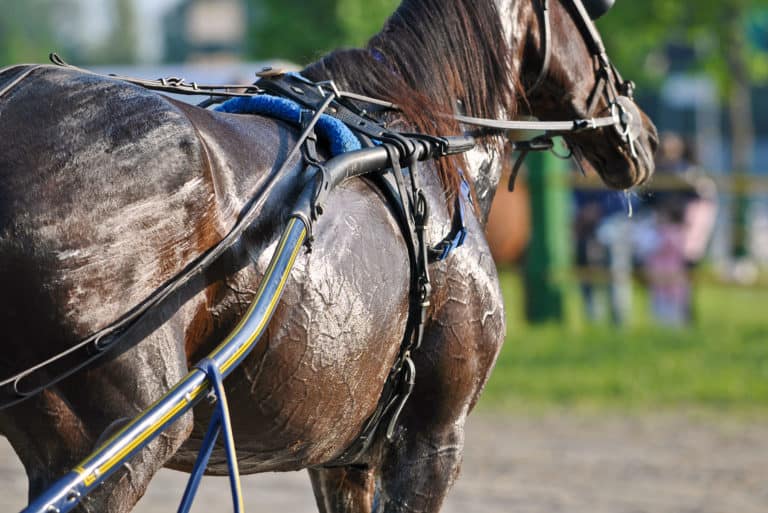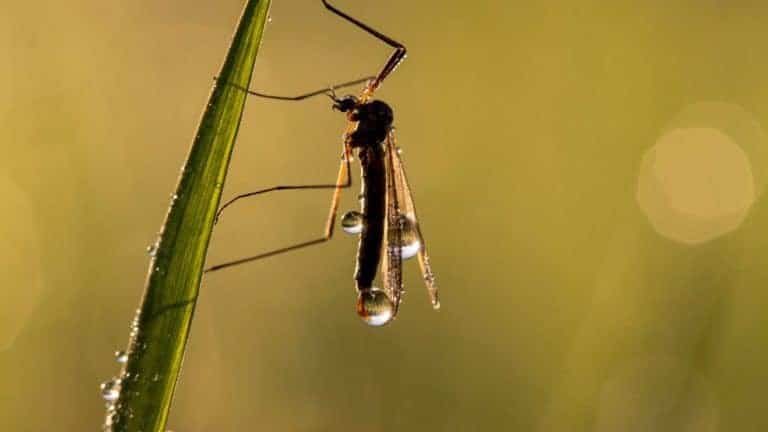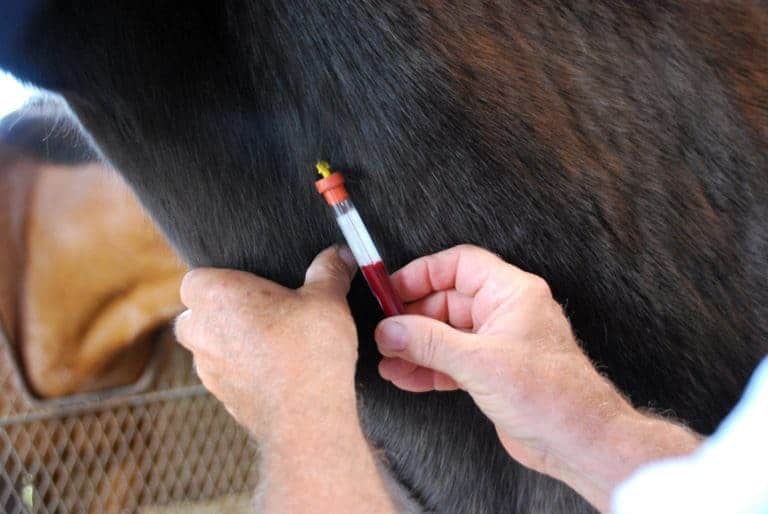Synthetic Racetrack Surfaces vs. Dirt and Turf (AAEP 2008)
Until now, most epidemiologic studies on track surface type and injury rates have been confounded by varying conditions at different track locations, said Setterbo. He presented the results of a study conducted at a single racecourse











